Van Mieu - Quoc Tu Giam is a particularly important historical and cultural relic, located in the heart of Hanoi Capital, an eternal symbol of Vietnamese culture and intelligence. With a history of nearly 1000 years, this first university has trained thousands of great scholars and talented people for the country. As the largest educational center of our country in ancient times, this place has fostered many precious cultural and educational traditions, including the tradition of studiousness and respect for teachers.
The 82 doctoral steles correspond to the 82 examinations from 1484 to 1780, recording the names of those who passed the exams. These are the only original documents currently remaining in the Temple of Literature - Quoc Tu Giam, considered one of the priceless cultural heritages left by our ancestors.
UN Secretary-General António Guterres was impressed with the 82 Doctoral Steles in the Temple of Literature campus.
We can find the names of many famous people mentioned in Vietnamese history books such as: Historian Ngo Si Lien - PhD in 1442, who compiled the book Dai Viet Su Ky Toan Thu; scholar Le Quy Don - author of Dai Viet Thong Su, Kien Van Tieu Luc, Van Dai Loai Ngu...; outstanding politician and diplomat Ngo Thi Nham, who passed the Doctorate exam in 1775, helped King Quang Trung defeat the Qing army in the historic Ngoc Hoi - Dong Da battle... What is special is that through these stone steles, we not only know the background and career of Vietnamese historians, but we also understand more about the diplomatic relations between countries in Southeast Asia.
Of the 1,304 doctors whose names are engraved on 82 stone steles, Hanoi has 225 who were sent as envoys to China during the Ming Dynasty (1368-1644) and Qing Dynasty (1644-1911). Le Quy Don (1726-1784) passed the doctoral exam in 1752 and left many impressions during his mission to China. He met, interacted, and discussed literature and academics with Chinese and Korean scholars and poets. Le Quy Don's knowledge and literary talent were praised by Korean and Chinese envoys.
The value and uniqueness of the 82 Doctorate steles are the inscriptions on the steles. The inscriptions on the Doctorate steles are written in Chinese characters with different writing styles, making each stele like a work of calligraphy. These inscriptions were mostly composed by famous cultural figures and great intellectuals of the country, so they are basically priceless works, contributing to the cultural and educational traditions of Vietnam.
The Temple of Literature's Doctorate Stele has an inscription recording the history of the examinations and the dynasty's philosophy on education and training, the use of talents, considering "talents as the vital energy of the nation", the source of the country's prosperity. This was clearly shown in the first stele (1442): "Talents are the vital energy of the nation, if the vital energy is strong, the country will be strong and prosperous, if the vital energy is weak, the country will be weak and decline, therefore, all the holy and wise kings paid attention to cultivating talents". The stele of 1448 also mentioned "Talents are very important to the country" and "There must be training to have talents". Many later stele also repeated the idea that "talents are the vital energy of the nation".
The kings of the Le and Mac dynasties relied on Confucianism, using Confucian knowledge to train and select talented people. The criteria of "Virtue" and "Talent" for selection also followed the Confucian concept. The state used examinations as the main method to select talented people. In 1484, King Thai Tong of the Le dynasty issued an edict: "If you want talented people, you must first choose educated people. The method of selecting educated people is through examinations." In 1499, King Le Hien Tong also issued an edict saying: "Talents are the vital energy of the state. If the vital energy is strong, then the government will flourish. The examinations are the straight path of the officialdom. If the straight path is open, then true Confucian scholars will appear." Steles from the years 1556, 1604, 1703, 1763, 1772 emphasized the idea of "must cultivate and nurture talented people." The above shows that the policy of developing education, valuing talents, and training human resources for the country is a policy that is considered top priority and extremely important for any era in the process of building and developing a prosperous nation.
The system of 82 doctoral steles is also a unique work of art, reflecting the sculpture of many feudal dynasties in Vietnam. Each inscription on the stele is an exemplary piece of literature, expressing philosophical and historical thoughts, views on education, training and the use of talents.
In March 2010, 82 doctoral steles at the Temple of Literature - Quoc Tu Giam were recognized by UNESCO as a World Documentary Heritage in the Asia-Pacific region.
In July 2011, 82 doctoral steles were recognized as a World Documentary Heritage on a global scale. In May 2012, the entire Temple of Literature - Quoc Tu Giam was recognized by the Government as a special national relic.
In January 2015, 82 doctoral steles at the Temple of Literature were once again recognized by the Government as National Treasures.
Source: https://vietnamnet.vn/di-san-tu-lieu-the-gioi-bia-tien-sy-tai-van-mieu-quoc-tu-giam-2243206.html


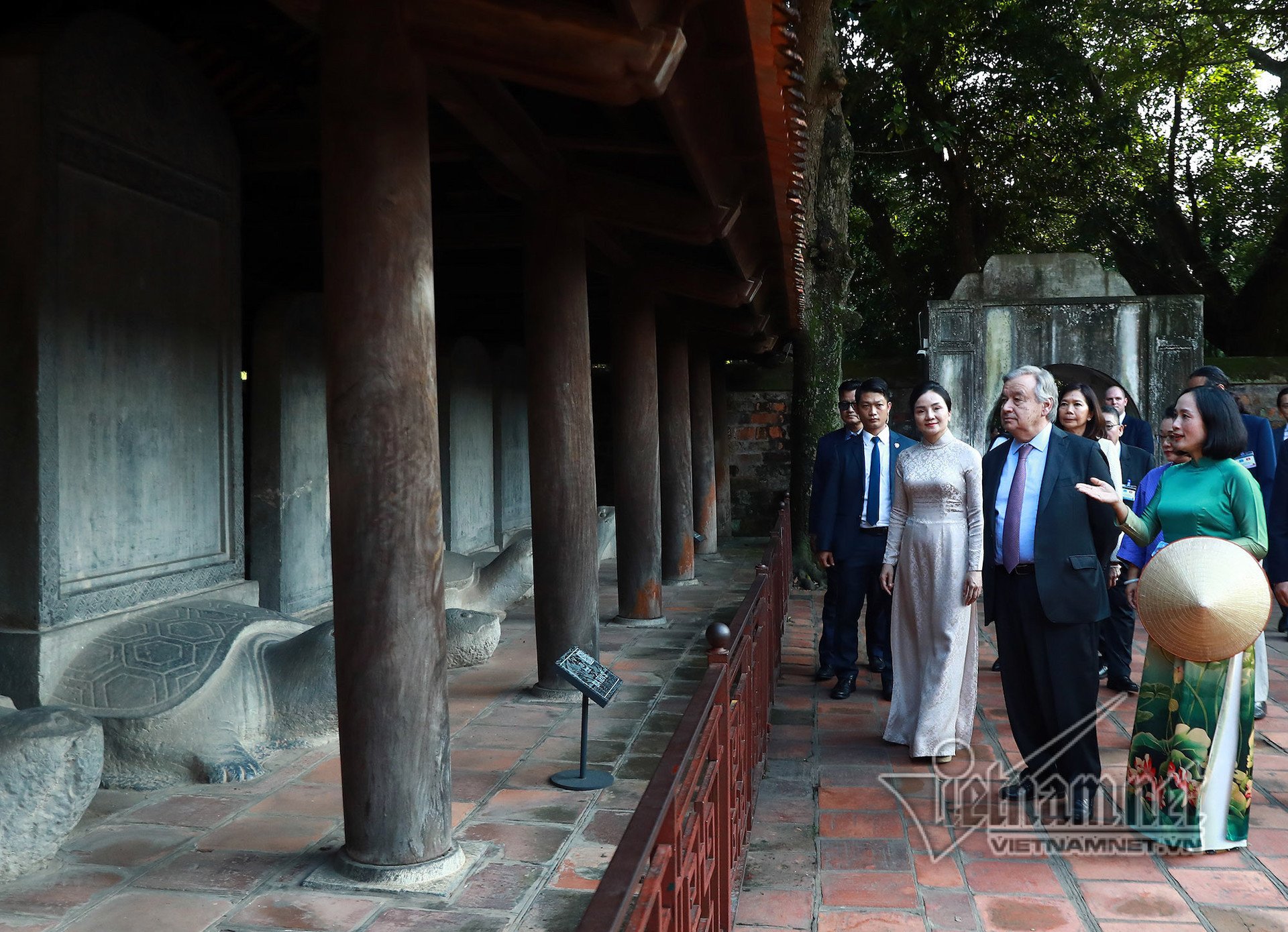
![[Photo] Prime Minister Pham Minh Chinh chairs meeting to deploy overcoming consequences of storm No. 10](https://vphoto.vietnam.vn/thumb/1200x675/vietnam/resource/IMAGE/2025/10/3/544f420dcc844463898fcbef46247d16)

![[Infographic] Notable numbers after 3 months of "reorganizing the country"](https://vphoto.vietnam.vn/thumb/1200x675/vietnam/resource/IMAGE/2025/10/4/ce8bb72c722348e09e942d04f0dd9729)
![[Photo] Students of Binh Minh Primary School enjoy the full moon festival, receiving the joys of childhood](https://vphoto.vietnam.vn/thumb/1200x675/vietnam/resource/IMAGE/2025/10/3/8cf8abef22fe4471be400a818912cb85)






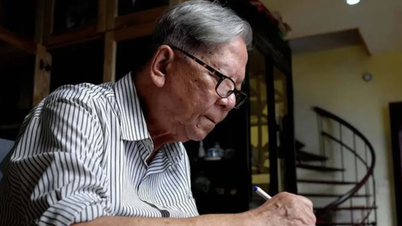



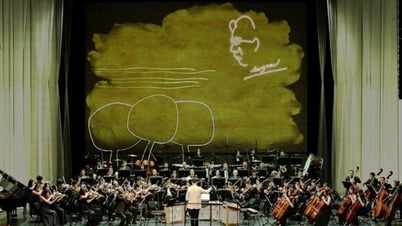

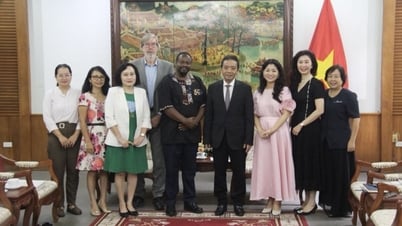





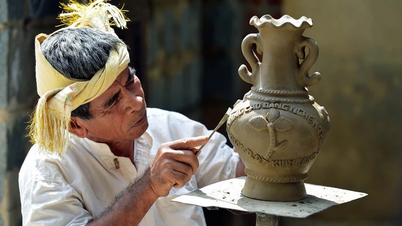





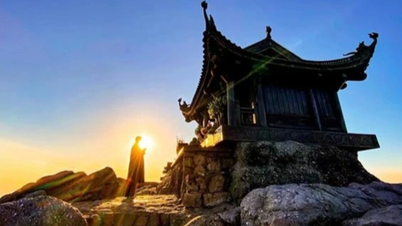









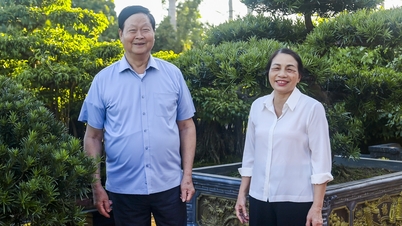
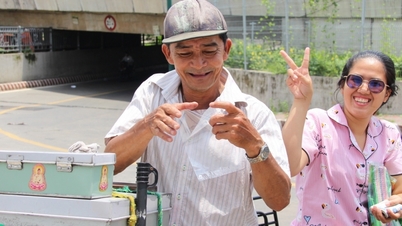























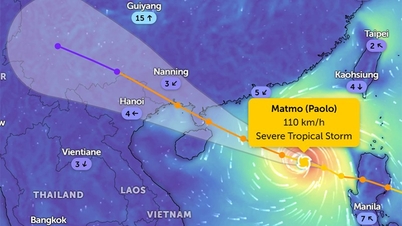

![[Infographic] Notable numbers after 3 months of "reorganizing the country"](https://vphoto.vietnam.vn/thumb/402x226/vietnam/resource/IMAGE/2025/10/4/ce8bb72c722348e09e942d04f0dd9729)

















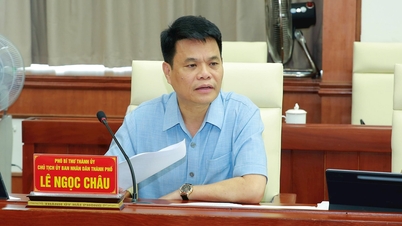



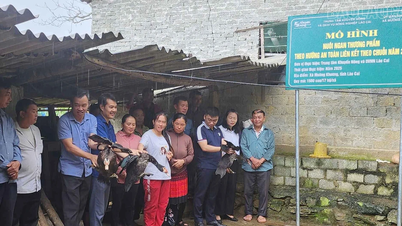
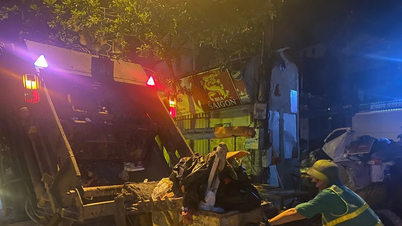












Comment (0)